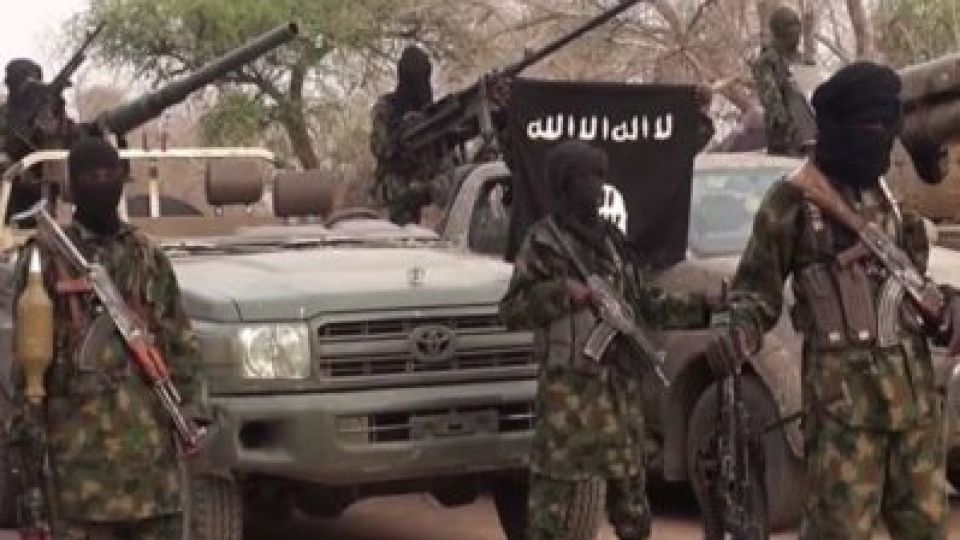from EMEKA OKONKWO in Abuja, Nigeria
Nigeria Bureau
ABUJA, (CAJ News) – DESPITE significant military gains in northeast Nigeria, citizens are suffering infighting among the Islamist groups as well as battles between these militants and the defence forces.
The skirmishes are prevalent in the Borno, Adamawa and Yobe (BAY) states where the conflict assumed another dimension as the Islamists denied some citizens the right to exercise their rights to vote in the recent general elections.
Non-governmental organizations (NGOs) were caught up in the crisis.
The United Nations High Commissioner for Refugees (UNHCR), reports that while the military had achieved breakthroughs with the reclaiming of territories held by members of the non-state armed groups (NSAG), insecurity persists in the BAY states as, notably members of the NSAG launched predatory attacks on communities.
There has been an escalation since January.
In addition, fighting between Islamic State of Iraq and Syria (ISIS) West Africa Province (ISWAP) and the Bakura faction of Boko Haram continued in the Lake Chad area, the Sambisa Forest and the Timbuktu Triangle.
ISWAP is a splinter group of Boko Haram and advocates for civilian support as unlike Boko Haram, it claims to be against violence against citizens. Bakura Doro leads the Boko Haram after its then leader, Abibakar Shekau, committed suicide at the Sambisa Forest when capture by ISWAP was imminent.
UNHCR disclosed that in January and February, 150 safety and security incidents affecting civilians and members of the forcibly displaced population were recorded in the BAY states.
They comprised armed attacks (42), improvised explosive devices (7), abductions (22), illegal vehicle checkpoints (17), crime (18), NSAG presence (14), civil unrest (6) and hazards (18 including fire outbreaks, road transport accidents, and drowning).
Some 1 222 civilians including members of the affected population were affected in the incidents.
A significant number of those affected include 1 056 refugees in camps whose shelters burned down in Mungono in the Borno state.
Meanwhile, Presidential and National Assembly elections were held in late February and early March in the West African country.
UNHCR noted that while internally displaced people (IDPs) and refugee returnees were able to vote in the camps and other locations designated for ballots, some factors such as the closure of camps, scarcity of the Naira and insecurity, affected the meaningful participation of the affected population in the electoral process.
“For example, IDPs from the closed camps whose polling units are in Maiduguri could not travel to vote due to Naira scarcity,” said a humanitarian spokesperson.
Maiduguri is the Borno capital.
“In addition, NSAG attacks targeted voters, most of whom were IDPs and returnees in Gwoza on election day with the aim to cause fear and maximum losses,” the spokesperson said.
One person was confirmed killed and some injuries reported.
As a fallout of the general election, the Adamawa State Government banned the activities of all non-governmental organizations (NGOs), including UN agencies.
The regional government alleged that the NGOs would “interfere” in the presidential election held on February 25.
The ban stood until March 15.
Nigeria is tense after opposition contestants rejected the announcement of Bola Tinubu of the ruling All Progressives Congress (APC) as the winner.
Boko Haram has been carrying out attacks since 2009.
– CAJ News

